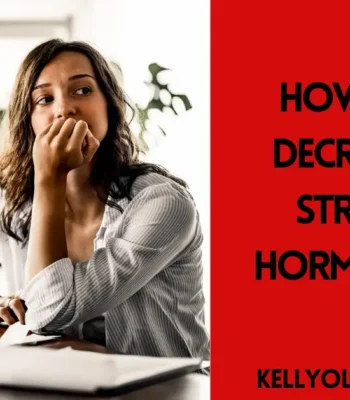How to Decrease Stress Hormones For Weight Loss and Better Health.

How You Can Decrease Stress Hormone Levels If you are wondering how to decrease stress hormones for weight loss and ultimately better health, you are in the right place. It’s likely you are concerned about high cortisol or possibly adrenal fatigue or imbalanced hormones in general. All of these are factors to be considered. For the record, I have personally experienced […]


